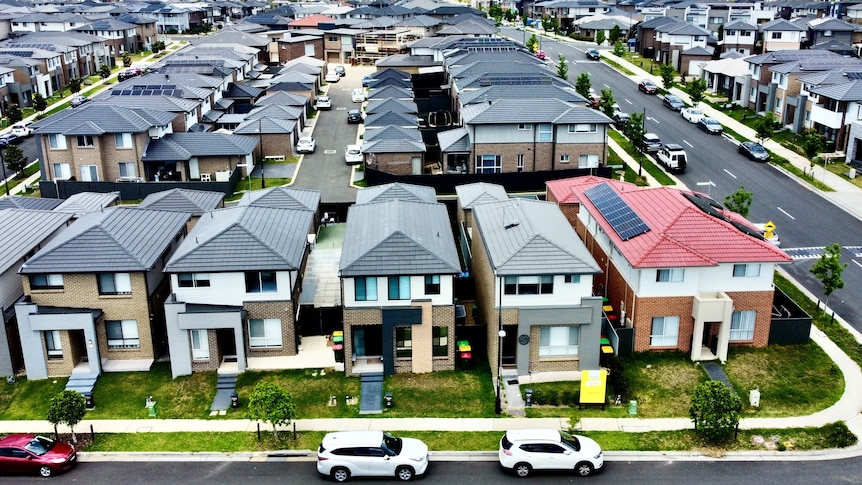Sabra Lane: Australia is now a homeowner’s welfare state and income inequality is worse than we think, according to a new report out this morning. The economists who compiled it say our generous tax treatment of the family home is to blame. Here’s business reporter Rhiana Whitson.
Rhiana Whitson: Australia had been described as a wage earner’s welfare state, where fair wages, secure jobs and affordable housing, not large welfare payments, were the main way people achieved financial security. But Professor Peter Siminski from UTS says that’s no longer true.
Peter Siminski: It could be labelled as the homeowner’s welfare state. The amount of privilege that homeowners are given in the tax and transfer system is really quite extraordinary.
Rhiana Whitson: In a new paper, Professor Siminski and Roger Wilkins from Melbourne University used HILDA survey data to measure not just people’s wages and welfare payments, but also the untaxed income they get from their homes. That’s things like imputed rent, the value of living in your own home without paying rent and capital gains when the home’s value rises. They found standard inequality measures miss the impact of housing entirely.
Peter Siminski: An outright homeowner on average, their cash income, their regular disposable income is 34% higher than the average renter. Once you include owner-occupied housing income as we have, that difference is more like 86%.
Rhiana Whitson: Because income from the family home is tax free, unlike other investments, they say Australians pour their money into property instead of more productive investments, driving prices up and locking younger people out.
Peter Siminski: Owner-occupied housing is in a sense the elephant in the room in current debates. On one hand, everybody knows and says that owner-occupied housing is a huge factor in inequality in Australia. But on the other hand, no one really seems to be willing to discuss owner-occupied housing in current debates about tax reform.
Rhiana Whitson: Treasury estimates the capital gains tax exemption on the family home alone costs the budget more than $50 billion a year. 25-year-old Cameron Spedding beat the odds, buying a Ballarat unit with a government first homebuyer scheme and support from his family.
Cameron Spedding: First of all, I was fortunate enough to have a family who was willing to let me stay at home essentially until I saved up a deposit. I’m aware not everyone has that luxury.
Rhiana Whitson: But he’s against taxing the family home.
Cameron Spedding: It just kind of feels redundant, especially given what feels like a lot of different things that could be done in order to address the issue.
Rhiana Whitson: Kieran Murphy is also 25 but facing a different reality. He doesn’t know if he’ll ever buy a home.
Kieran Murphy: I’ve tried to make smart decisions. I went and got a degree. I got a job in a niche field within my degree, one that pays well, and I’m still unsure whether or not I’ll be able to save enough to get a home in a reasonable time frame or at all. And that’s really, really frustrating.
Rhiana Whitson: But despite his predicament, the Perth renter is also against taxing the family home. Instead, he wants the government to target investors with large property portfolios.
Kieran Murphy: Because I don’t know many people my age who own homes, but I can think of a lot of people who are maybe double my age or so that own multiple homes and they don’t need them. Some of them don’t even rent them out.
Rhiana Whitson: Professor Wilkins says he knows taxing the family home is politically toxic, but done right it could mean lower taxes elsewhere.
Roger Wilkins: Perhaps if they were presented with that sort of trade-off, you may get a different response if they could see and be confident that income tax cuts would be accompanying the introduction of taxes on housing wealth in some form.
Rhiana Whitson: They say changing the system could help cool the market, make it fairer and maybe, just maybe, make owning a home less of a distant dream.
Sabra Lane: Rhiana Whitson and Gareth Hutchins reporting there.

